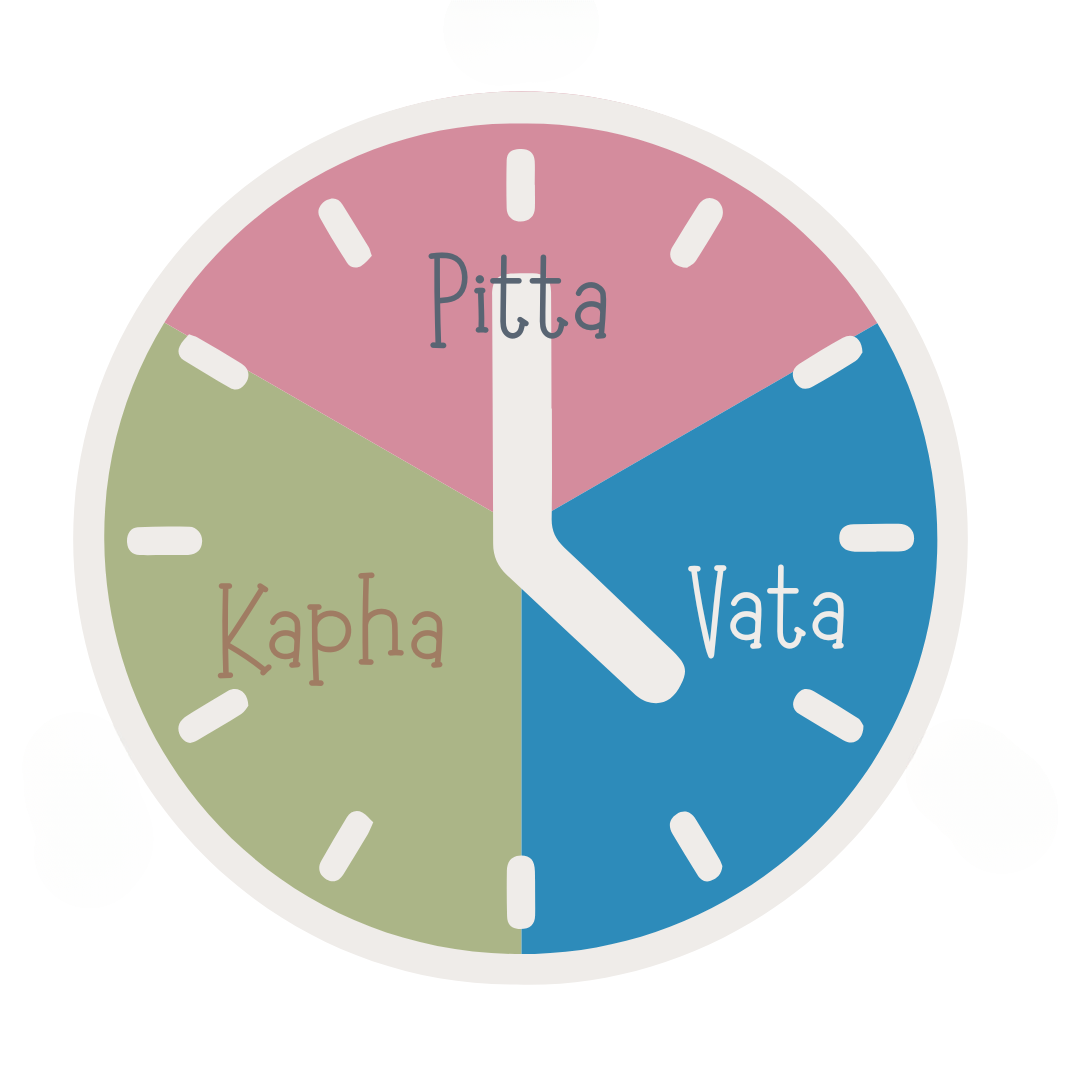When is the best time to exercise to lose weight? What about when you should eat, does it matter? It does matter, and if you’ve ever found your groove with a daily schedule you probably remember how great it felt! You didn’t imagine it – there’s fascinating science behind how our daily routines impact our hormonal health. Let’s dive into why establishing a consistent daily rhythm could be the game-changer your hormones have been craving.
The Science of Routine: Your Hormones’ Best Friend
Our bodies are incredible machines running on an internal clock called the circadian rhythm. This isn’t just about sleep – it’s a complex system that orchestrates the release of various hormones throughout the day. When we maintain a consistent routine, we’re essentially helping our body keep perfect time.
Cortisol: Your Morning Maestro
Think of cortisol as your body’s natural alarm clock. In a healthy pattern, cortisol peaks in the early morning, helping you wake up refreshed and energized. Throughout the day, it gradually decreases, reaching its lowest point at night when it’s time to sleep.
However, when our routines are irregular, this delicate pattern gets disrupted. Staying up late, eating at random times, or constant stress can lead to cortisol chaos – where your body produces too much cortisol at the wrong times. This can leave you feeling wired at night and exhausted in the morning.
Insulin: The Timing-Sensitive Helper
Here’s something fascinating: your body handles food differently depending on when you eat it. This is because insulin sensitivity follows a daily rhythm. When we eat at consistent times, our body can better prepare for and process nutrients. But irregular eating patterns can contribute to insulin resistance over time.
Think of it like this: your body is like a restaurant kitchen that prepares for the lunch rush. When customers (nutrients) arrive at predictable times, everything runs smoothly. But when they show up randomly, the kitchen gets overwhelmed, and service (insulin function) becomes less efficient.
The Ancient Wisdom: Ayurvedic Dinacharya
While modern science is just catching up, Ayurveda, the ancient Indian system of medicine, has long emphasized the importance of daily routine through what’s called “Dinacharya” (din-uh-char-ya). This Sanskrit word literally means “daily routine” but encompasses a deeper understanding of how to live in harmony with nature’s rhythms.

The Ayurvedic Clock: Living in Natural Rhythm
According to Ayurveda, different times of day are dominated by different energies, or “doshas”:
- 6 AM – 10 AM (Kapha Time): Best for physical activity and starting your day with mindful practices
- 10 AM – 2 PM (Pitta Time): When digestion is strongest – ideal for your main meal
- 2 PM – 6 PM (Vata Time): Perfect for creative work and lighter activities
- 6 PM – 10 PM (Kapha Time): Time to wind down and prepare for rest
Creating Your Hormone-Friendly Daily Routine
Ready to create a routine that supports your hormonal health? We have a free daily planner- make sure you grab it below!
Here’s a practical framework that combines modern science with ancient wisdom:
Morning Routine (6 AM – 10 AM)
- Wake up at the same time daily (ideally before 7 AM)
- Get morning sunlight exposure for 10-15 minutes
- Practice gentle movement or exercise
- Have a nourishing breakfast within 2 hours of waking
Mid-Day Routine (10 AM – 2 PM)
- Eat your largest meal when digestion is strongest
- Take short breaks for movement or breathing exercises
- Schedule demanding tasks during this high-energy period
Afternoon Routine (2 PM – 6 PM)
- Have lighter meals or snacks
- Focus on creative or collaborative work
- Consider a short meditation or relaxation break
Evening Routine (6 PM – 10 PM)
- Begin winding down activities
- Have a light, early dinner
- Limit blue light exposure
- Create a relaxing bedtime ritual
The Benefits of Consistency
When you maintain a consistent daily routine, you’re likely to experience:
- More stable energy levels throughout the day
- Better sleep quality
- Improved digestion and metabolism
- Reduced stress and anxiety
- Better hormonal balance
- Enhanced immune function
Making It Work in Modern Life
While following a strict routine might seem challenging in our busy modern world, remember that perfection isn’t the goal. Start with small changes and focus on consistency rather than rigid adherence. Even maintaining regular sleep and meal times can make a significant difference in your hormonal health.
Tips for Success
- Start with one change at a time – don’t overwhelm yourself trying to transform everything at once
- Be consistent with your sleep schedule, even on weekends
- Plan your meals ahead to maintain regular eating times
- Create environmental cues that support your routine (like dimming lights in the evening)
- Be patient – it takes time for your body to adjust to new patterns
Conclusion
Your daily routine is more than just a schedule – it’s a powerful tool for hormonal health. By aligning your daily activities with your body’s natural rhythms, you can create an environment where your hormones can function optimally. Whether you’re dealing with specific hormonal issues or simply want to feel your best, implementing a consistent daily routine could be the key to better health and well-being.
Remember, the goal isn’t to create a perfect routine but to establish rhythms that support your body’s natural processes. Start small, be consistent, and watch how your body responds to these positive changes in your daily patterns.
